You’re struggling to master your favorite RPG and keep hearing about power gaming. Power gaming focuses on maximizing a character’s abilities for success in video games and role-playing games.
This article will guide you through understanding power gaming, metagaming, and how they affect your gameplay experience. Read on to gain the edge you need.
Key Takeaways
Power gaming is about making a character very strong to win in games. Players choose the best skills and gear for their heroes.
Not all power gamers ignore the story part of games. Some mix strong play with good stories.
There are different types of power gamers, like The Min-Maxer and The Rules Lawyer. Each has their own way to play well.
To keep games fun for everyone, it helps to set clear rules and talk about how to play together.
Understanding both powerful characters and good stories makes gaming better for all players.
Table of Contents
Exploring Power Gaming
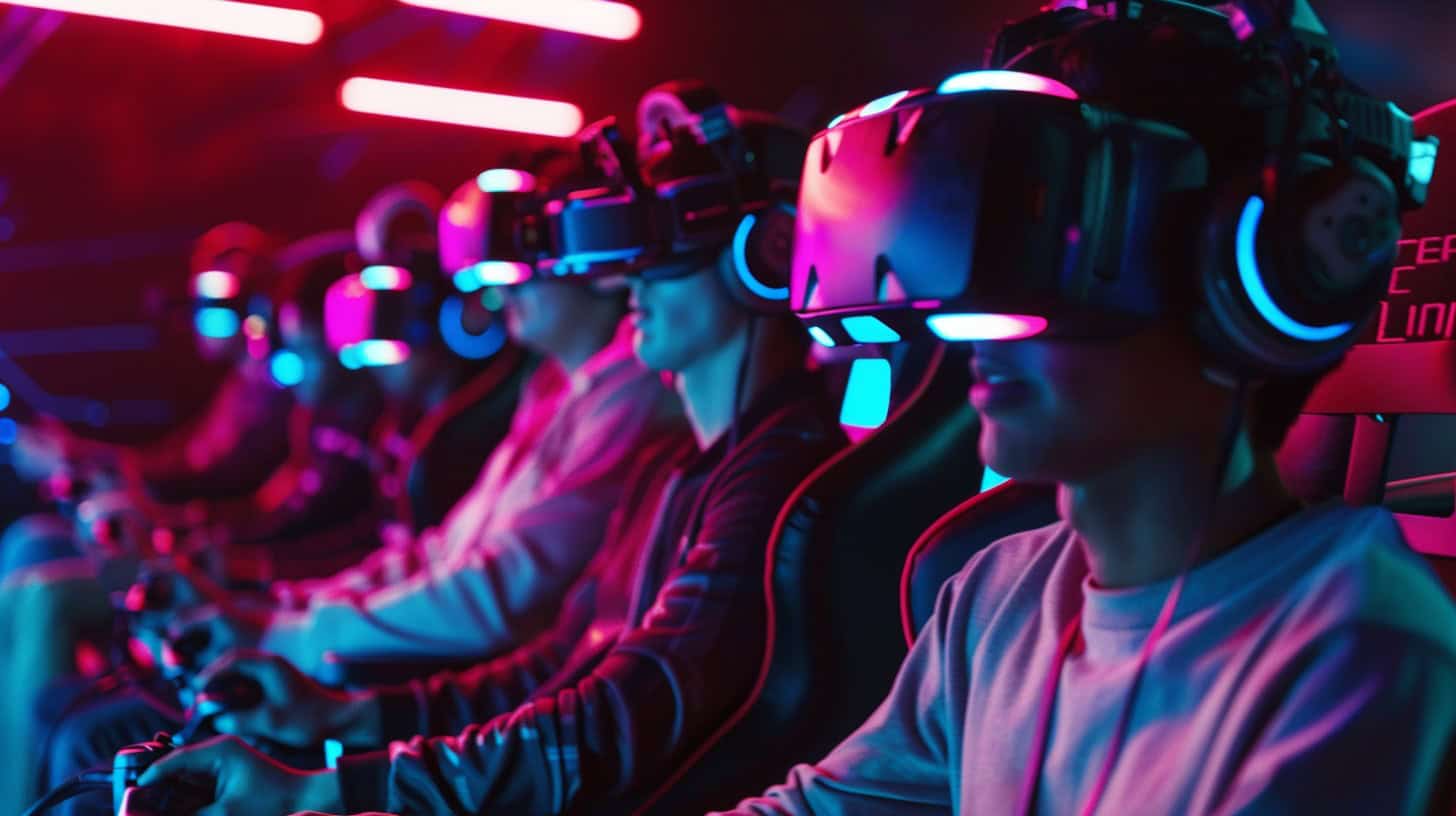
Now, let’s dive into the heart of power gaming. Gamers call it min-maxing, optimization, or just plain powergaming. It’s all about mastering the game to move towards a goal fast. In games like D&D Beyond or roleplays with characters like sorcerers and paladins, players tweak their heroes to be overpowered.
They use knowledge from books like “Chivalry and Sorcery” to give their character spells that hit hard and avoid damage.
Players focus on making their fighters or rogues unbeatable by picking the best skills – think Legolas’ aim or Aragorn’s swordplay. This style skips much of the chatting and story for more action and winning strategies.
Whether using a mighty spellcaster in text-based role-playing games or solving puzzles in “Tomb of Horrors,” these gamers want to win big, fast.
Core Characteristics of Power Gaming
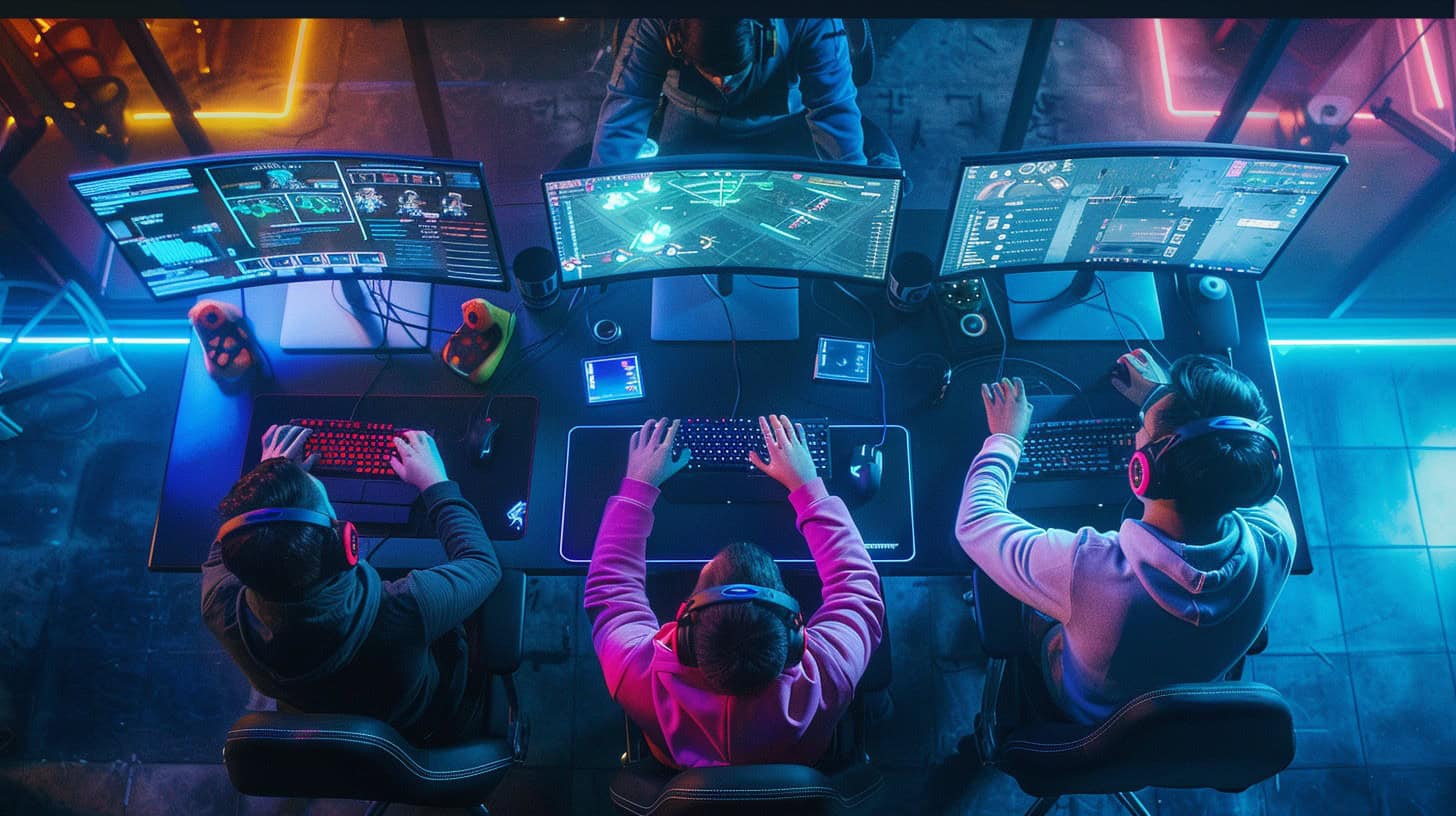
Power gaming is like when someone tries to get every advantage they can, sort of how a player might look for 100 free spins casino offers to max out their chances. They focus on making their character super strong and win at all costs, ignoring the story and other players.
Enhancing Character Abilities for Optimal Performance
To boost character abilities to their peak, players focus on maximizing stats and skills. They choose spells and gear that offer the highest advantages. For a mage, this might mean picking abjuration for defense or conjuration to summon powerful allies.
A ranger will select equipment that improves accuracy and damage. Artificers craft items that increase their utility in battle.
Gamers often trade tips on forums to find the best combinations of skills and gear for their characters. This process includes detailed research into game mechanics. It’s common for someone playing a druid or monk to experiment with different builds until they find one that lets them win more fights.
Mastering your character means understanding every spell, ability, and piece of equipment.
Employing Strategic Gameplay for Maximum Benefit
Power gamers focus on getting the most from their characters in roleplaying games. They use know-how and gaming lingo to make strong choices. For max benefits, they mix skills like spellcasters with smart tactics.
This means knowing which moves give an edge against kobolds or when using the one ring best helps Frodo and friends.
They also plan ahead, picking gear that boosts performance in battles. Like choosing a sword that’s perfect for fighting Gollum or armor that keeps Boromir safe. Every item has a reason, aiming for top results in every quest and fight.
Overlooking Social Interaction and Story Elements
In powergaming, players often skip over the social parts and stories in games. They focus more on winning or building strong characters than on making friends or learning a character’s backstory.
This can hurt the game’s atmosphere and how much fun everyone has together. In online text-based role-playing games, this style of play is usually not wanted unless clearly allowed.
Next, we’ll explore why gamers choose to powergame. Some want to win more; others like to move through the game fast without any delays. But all agree it feels great when they know they’re playing their best.
Motivations Behind Power Gaming
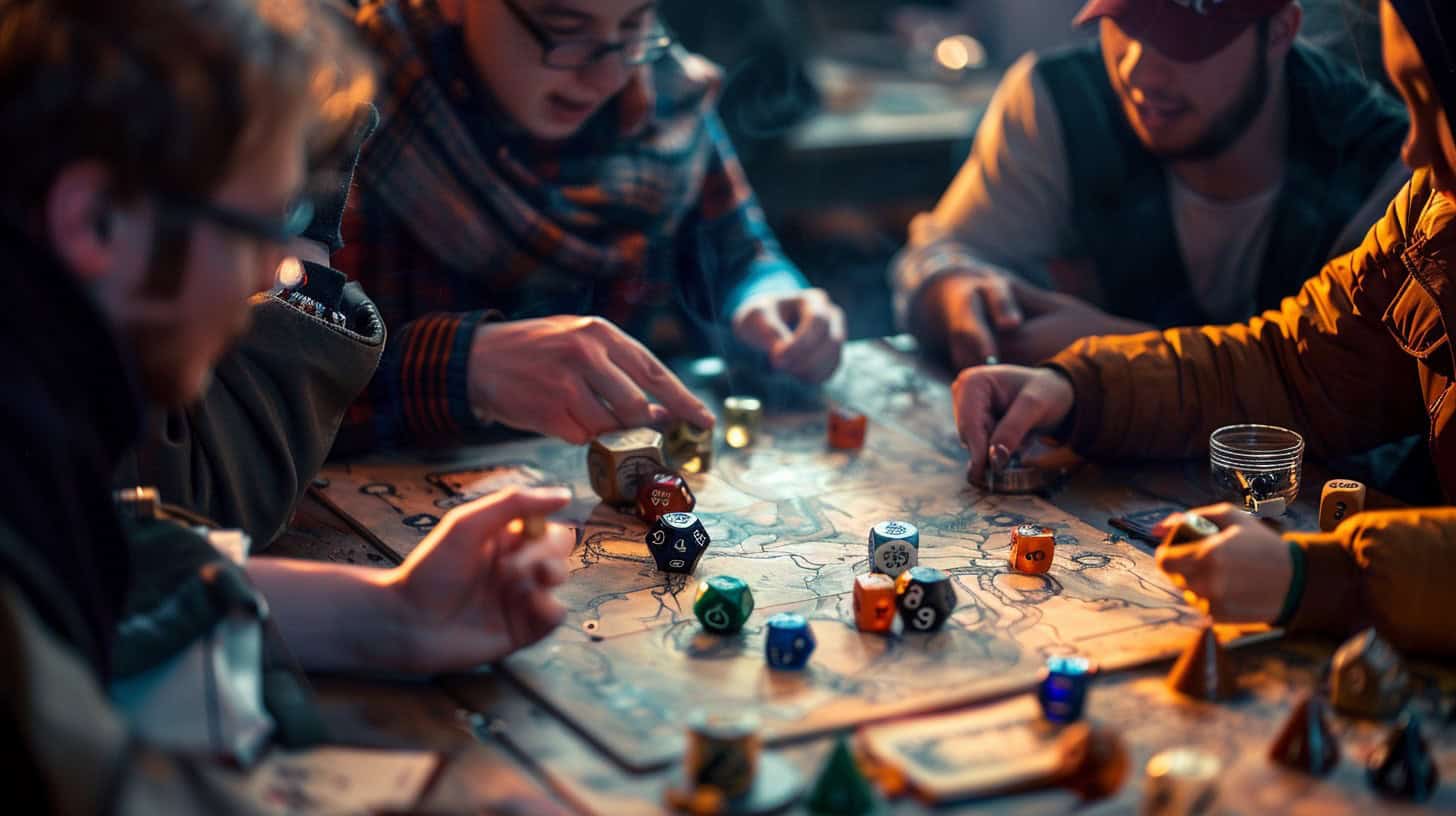
People play power games to win more, level up fast, and feel like a pro. They want to beat others, move through games quickly, and show they know their stuff. Check out the full story to learn all about it.
Gaining a Competitive Advantage
Power gamers aim for a competitive edge by maximizing their character’s stats and abilities. They focus on creating the strongest player characters (PCs) to excel in video games. This approach allows them to progress more quickly and effectively than others.
By concentrating on efficient gameplay, these gamers ensure that every action pushes them ahead in the game.
This strategy involves careful planning and knowledge of the game’s mechanics. Power gamers explore every rule and exploit to improve their performance. For example, they might use wizards of the coast features or master the one ring powers to outperform competitors.
Through this meticulous optimization, they achieve mastery and control over the game environment, enjoying an unmatched level of expertise among fellow players.
Seeking Efficient Progression in Gameplay
Gamers aim for fast progress. They choose actions that give quick rewards. This means playing games in ways that move them ahead faster than others. For example, video game powergamers focus on parts of the game that help them grow their skills quickly.
They might trade items in a way that benefits them most, even if it doesn’t fit the character they are playing.
Enjoying mastery and expertise control keeps gamers coming back.
Next up, let’s dive into why gamers love feeling like experts.
Enjoying Mastery and Expertise Control
Mastery and expertise control fuels the passion of power gamers. They invest time in enhancing character backstories and abilities, aiming for top performance. Learning every game rule and finding efficient progress paths are their goals.
This effort leads to a deep understanding of the game mechanics, similar to mastering a craft.
Such gamers often become known as min-maxers or munchkins. They excel in optimizing characters for combat while skimming through social interactions and story elements. These players find joy in knowing they can handle any challenge thrown at them with ease.
Their focus is not just playing but winning with skill.
Debunking Common Misconceptions About Power Gaming
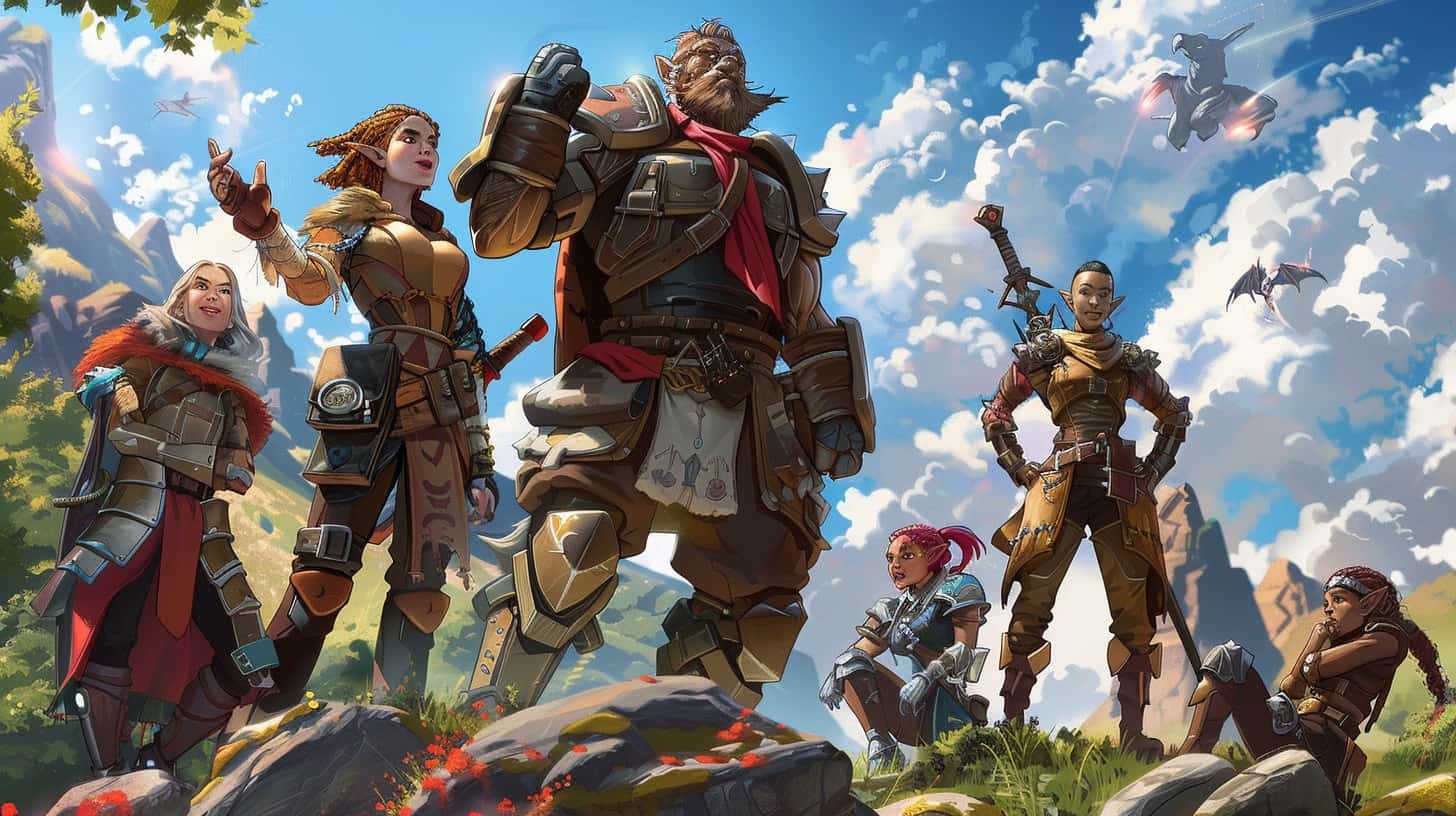
Power gaming gets a bad rep, but it’s not the same as cheating. People think it ruins roleplay, yet that’s just a myth….
Differentiating from Cheating
Power gaming is not cheating. They push limits but still play by the rules. Cheaters break rules for unfair gains. Power gamers use knowledge and strategy to win, within set boundaries.
For example, exploiting a character’s strengths in role-playing games doesn’t equal hacking the system or using forbidden codes—what cheaters might do.
Cheating harms trust and fun in games; power gaming seeks advantage through effort and skill. Think of power gamers as athletes who train hard to excel within sport regulations, unlike those taking shortcuts with performance-enhancing drugs.
It’s clear: striving for excellence in video games through mastering mechanics differs vastly from breaking the game’s integrity.
Dispelling Myths of Inadequate Roleplaying
Many think that gamers who focus on power gaming can’t fit well into roleplaying scenes. They’re wrong. The Stormwind Fallacy shows us that players can optimize characters and still create rich backstories.
Some power gamers blend their love for efficient gameplay with deep character stories, proving both can exist together.
The art of roleplaying is not lost in the pursuit of power; it evolves to include strategic mastery within its narrative.
For instance, a gamer names their character Gimli and decides to max out his combat skills—yet they also weave a tale about Gimli’s quest for The One Ring. This mix shows mastery over game mechanics does not exclude engaging in creative storytelling or social interactions within the game world.
It highlights how roleplaying enriches the experience, making it more enjoyable for everyone involved.
Understanding The Stormwind Fallacy
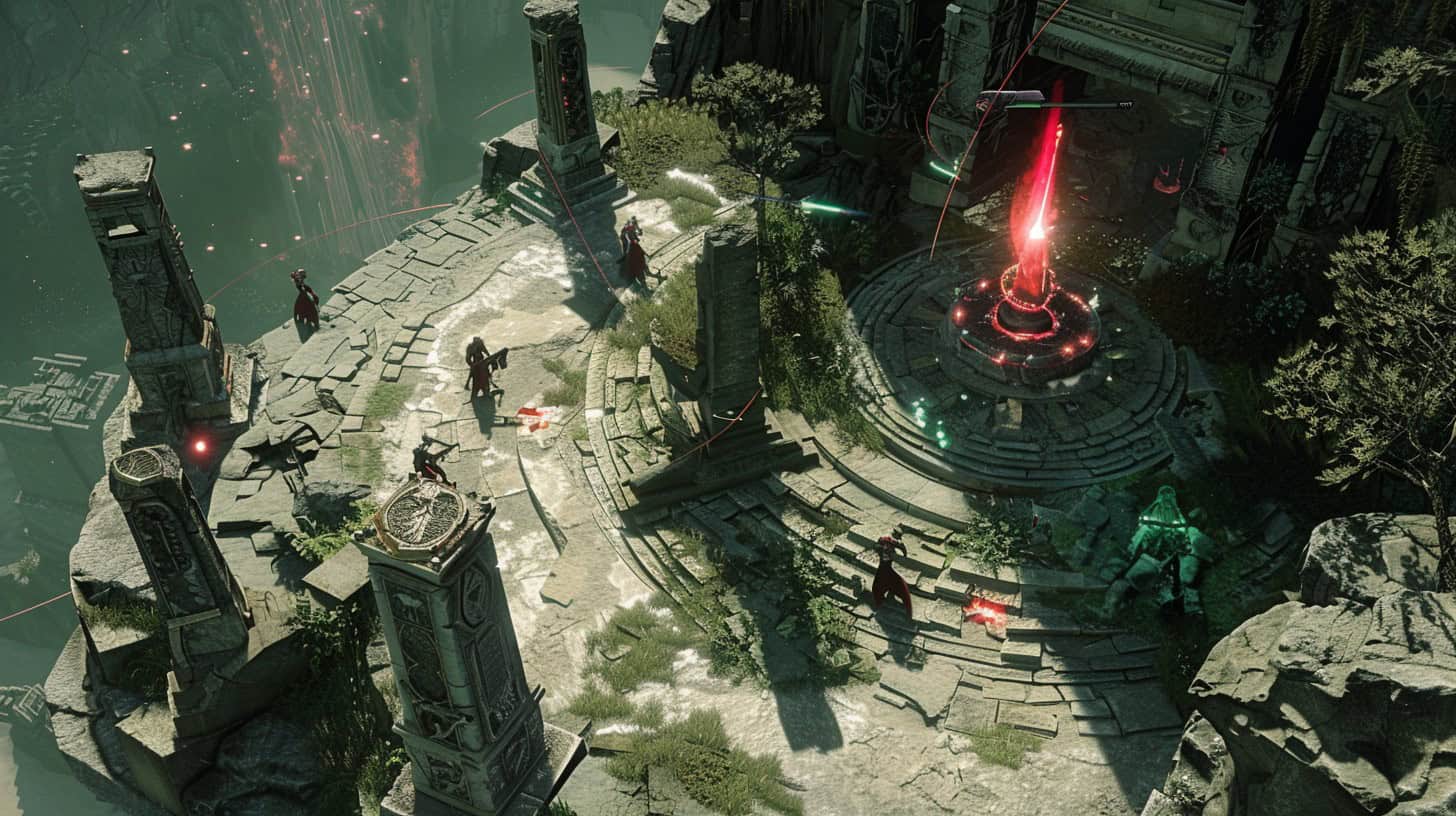
The Stormwind Fallacy makes a big point. It says playing strong characters doesn’t mean you’re bad at storytelling.
Defining The Stormwind Fallacy
The Stormwind Fallacy reveals a truth: players can focus on character skills and still dive deep into their roles. Some gamers think mastering the game mechanics means ignoring the story.
This idea is wrong. For example, in “The Lord of the Rings,” characters like Gandalf show great power but also rich stories. They guide us – you can be strong and a good storyteller at the same time.
This concept says clearly: enjoying video games to their fullest includes both roll-playing and roleplaying without losing out on either side. It fights against the myth that if you care about your character’s backstory or acting out their personality, you don’t care about being effective in game battles or missions.
So when players aim to optimize their characters for efficient gameplay, they’re not turning away from creating memorable stories or engaging deeply with the world of Middle-earth or any other setting they love exploring.
Analyzing Its Effect on Player Views
The Stormwind Fallacy often changes how players see their own characters and games. It makes some think they must choose between a good story and a strong character. Yet, this is not true.
Players can create powerful characters that fit well in the narrative, enhancing both gameplay and roleplay.
A game’s depth isn’t measured by the strength of the character but by the player’s creativity.
Optimizing doesn’t mean ignoring character backstories or godmoding. Facts show even optimized characters only hit 5% more often with just 1 extra point of damage per hit compared to less optimized ones.
This small difference proves power gaming doesn’t ruin the fun or balance; it adds another layer to explore video games’ metagame without hurting others’ experiences.
Identifying Types of Power Gamers
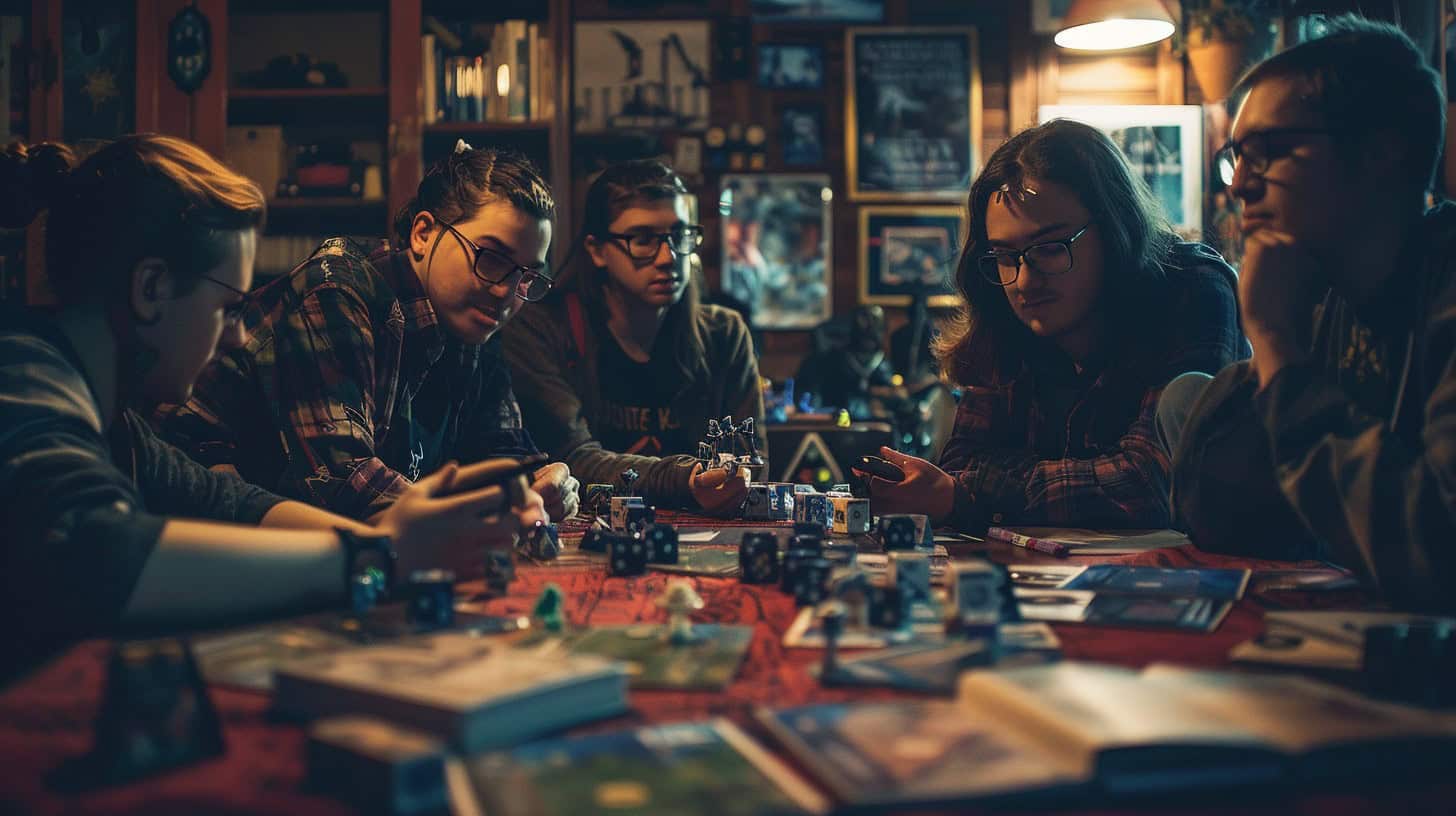
Power gamers come in different styles. Each has a unique way to play the game best.
The Min-Maxer: Maximizing Efficiency
The min-maxer takes playing video games to another level. They work hard to make their characters the best by finding the perfect mix of skills and items. This player knows every rule and uses them to get ahead without breaking any.
They enjoy making a strong character through smart choices, not just luck.
They skip parts of the game that don’t help their character become stronger. For them, it’s all about winning and being efficient. These gamers look for ways to get better fast, focusing on what gives them the most power quickly.
Their goal is clear: build a powerful hero or team that can beat any challenge easily.
The Rules Lawyer: Mastering Game Regulations
Moving from maximizing efficiency, we find the Rules Lawyer thrives on mastering game regulations. This player knows every rule inside and out. They use this knowledge to play their characters at peak performance.
They often challenge game masters, pushing for interpretations that benefit their gameplay.
The Rules Lawyer makes sure they are always one step ahead in strategy by using rules as tools. They don’t just enjoy video games; they study them like textbooks. In debates over character backstories or the mechanics of the one ring, they come prepared with facts to ensure victory.
Their goal is clear: control the game through rules, not chance.
The Efficiency Expert: Streamlining Gameplay
After exploring the meticulous world of The Rules Lawyer, we slide into the realm of The Efficiency Expert. This player masters streamlining gameplay. They focus on making their character as strong and capable as possible, fast.
For them, it’s all about getting ahead quickly. They know which skills to pick, items to collect, and quests to complete for the best gains.
The Efficiency Expert uses knowledge from books and online guides. They often have charts or apps that show how to make characters better with less effort. This gamer aims to win in Dungeons & Dragons by choosing paths that boost their character’s power most efficiently.
Their play style might skip parts of the story or social talks but gets them where they want to be – at the top – faster than others.
Effective Strategies to Manage Power Gaming
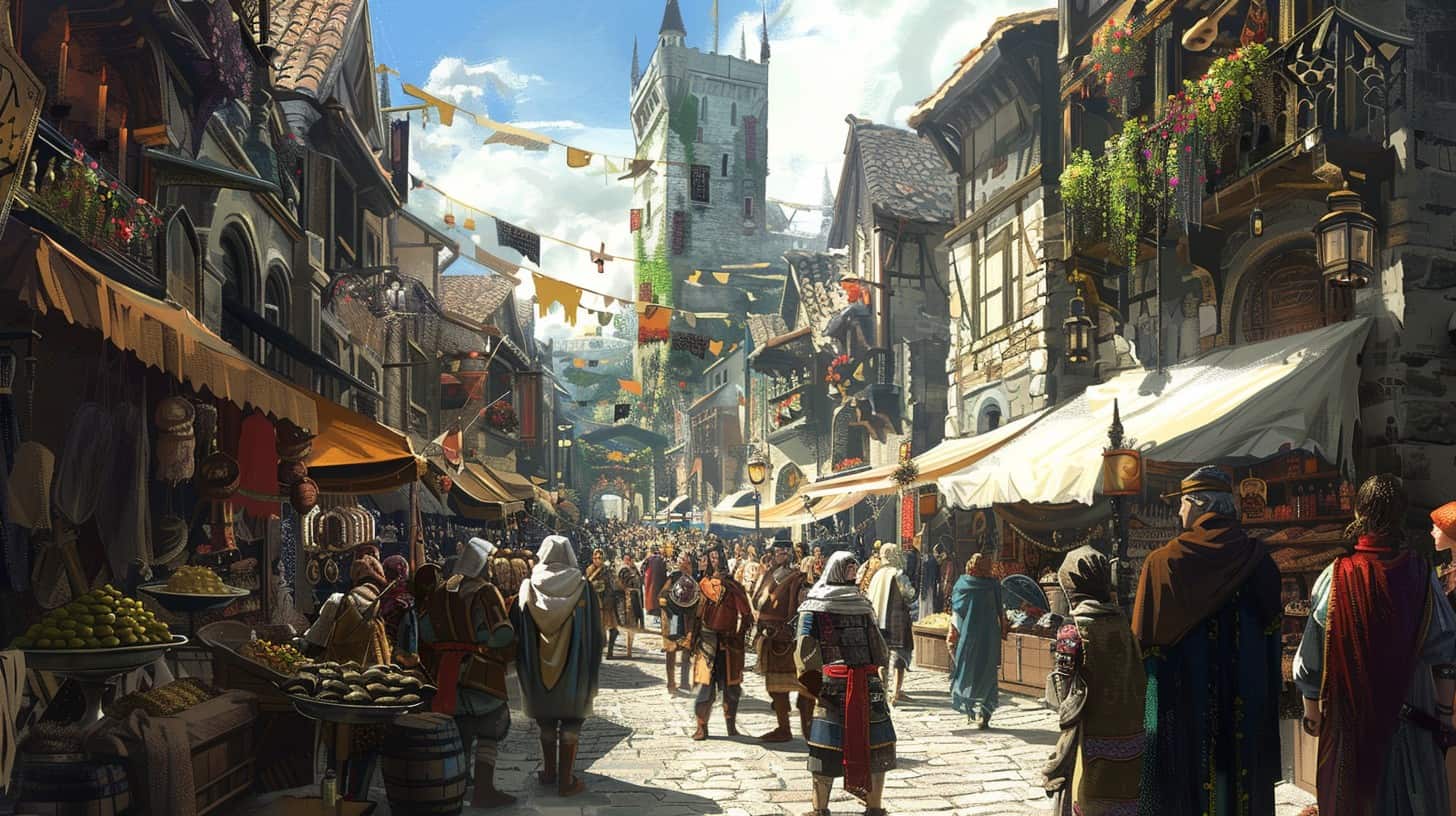
To handle power gaming, setting clear game guidelines is key. Encourage fair play and open chats among players and moderators to keep things fun for everyone.
Establishing Clear Gaming Rules
Setting clear gaming rules before starting ensures everyone knows what to expect. This step helps avoid conflicts and keeps the game fun for all players. It’s vital for Dungeon Masters to discuss character backstories, gameplay mechanics, and the one ring of guiding principles that will steer their adventures.
This approach fosters a shared understanding among participants.
A session zero is crucial—it aligns player goals with campaign expectations. During this time, discussing how knowledge within the game world is acquired and used promotes equitable gameplay.
Clear communication about these aspects guarantees a positive experience where mastery and control enhance enjoyment without sidelining the role-playing elements integral to immersive storytelling.
Promoting Equitable Gameplay
Game masters and players can create fair games. They do this by setting rules that everyone understands. This makes sure no one feels left out or less important. A good way to keep gameplay equal is by making sure every character’s backstory gets attention.
This helps each player feel their role matters in the story.
Fair play also means stopping power trading from hurting the game. Power trading can make some think they are not good at role-playing. But, fixing these issues lets everyone enjoy the game more.
Next, we look at how to talk well among players and game masters.
Facilitating Effective Communication Among Players and Game Masters
Clear talk between players and game masters makes games more fun. It stops fights before they start. Ask new players about their views on power balance and how they play with others.
This helps understand everyone’s expectations. Use clear rules, so all know what is okay and what is not.
Games need fair play to keep everyone happy. Game masters must listen and speak clearly to guide the adventure right. Share stories to make sure all follow the game’s path without confusion.
Using character backstories adds depth, making the experience better for everyone involved.
FAQs About Power Gaming
What exactly is power gaming in roleplay?
Power gaming turns a character into the strongest, unbeatable one. Players ignore their character backstory, pushing for success at all costs. It’s like having an invisible shield or the one ring that makes you win every time.
How does metagaming differ from regular gameplay?
Metagaming uses knowledge outside the game’s world to gain an advantage. Imagine knowing a secret because you read it in a guide, not because your character learned it through their journey.
Can you explain powertrading?
Powertrading involves swapping advantages unfairly in games, often breaking normal rules of progression and balance. Think of it as getting top-level gear at level one just because you know someone high up.
Why is understanding these concepts important for players and game masters?
Understanding stops unfair play and keeps the game fun for everyone. Game masters can spot when things aren’t right—like when someone suddenly knows something they shouldn’t—and keep the story on track, ensuring fair play and enjoyment for all involved.



